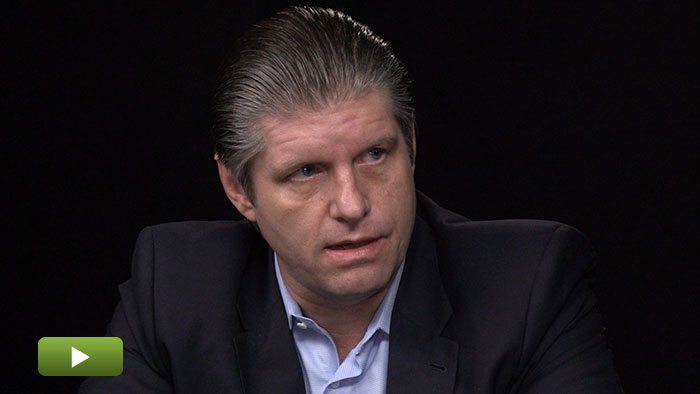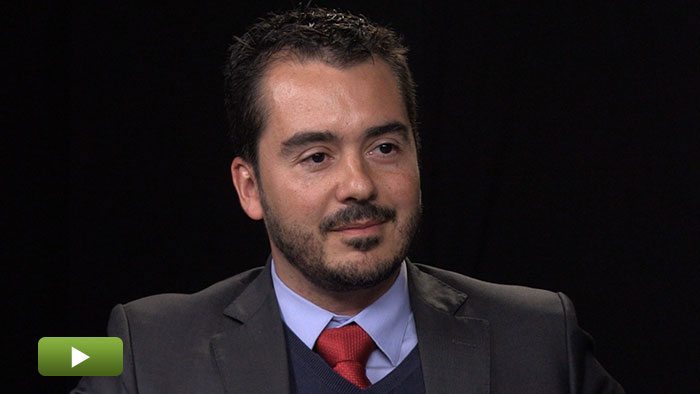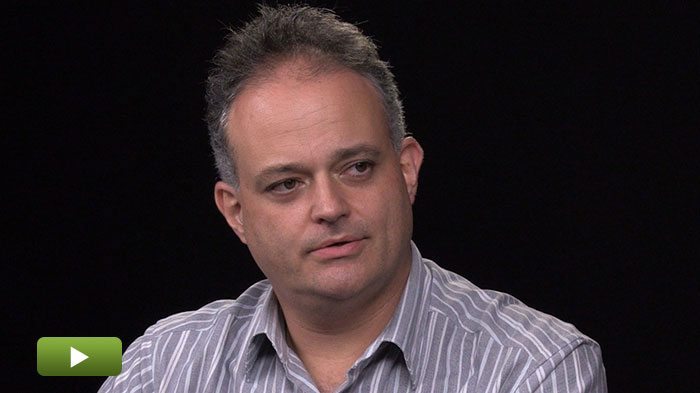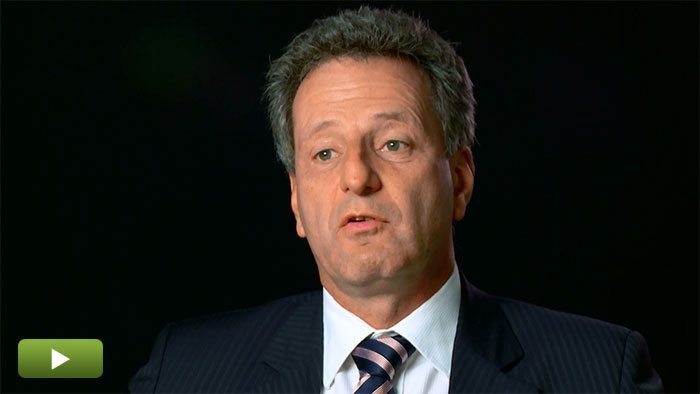São Paulo’s Buzzing Agricultural VC Market
Francisco Jardim, partner at São Paulo-based SP Ventures, tells Privcap about the evolution of the Brazilian venture capital market, including why the country’s sector differs from overseas markets. He also discusses the massive opportunities in Brazil’s agriculture technology sector and how his firm came to invest in a company that mass-produces stingless bees.
Transcript Download Transcript
São Paulo’s Buzzing Agricultural VC Market
With Francisco Jardim of SP Ventures
David Snow, Privcap: Today we’re joined by Francisco Jardim of SP Ventures. Francisco, welcome to Privcap today. Thanks for being here.
Francisco Jardim of SP Ventures: Thank you, David.
Snow: First of all, talk a bit about the background of your firm. Who are its backers, and what is the mission of your firm?
Jardim: Very good, David. So, we started venture investing in Brazil in 2007. It was a small seed fund primarily from BNDES, the national economic development bank in Brazil. And then, from 2007 till 2012, we’re pretty much engaged in that activity until last June. We raised our own proprietary fund. It’s R$105 million fund, so for early-stage in Brazil, it’s a significantly sized fund with a very diverse and strategic LP base. So among our backers today, we have the Development Bank of the State of São Paulo, and we have the major federal tech and financing innovation agency, FINEP.
Snow: What is your firm looking for? What kinds of companies is it seeking to back?
Jardim: So, we take a very different approach from the rest of the Brazilian venture capital community. I think if you look at the Brazilian venture capital community, you see a lot of firms that take the American venture capital Silicon Valley model, and they replicate it to Brazil. We look at Brazil differently. We think that truly disruptive innovation in Brazil is coming out of the agriculture sector. If we look at the five major agri powerhouses on the planet—EU, the U.S., Canada, Argentina, and Brazil—Brazil’s the only tropical one. So we need to develop local technology. It has to be a local breeding ground, no? And if we look at the 2050 human population projections of 9.4 billion in a mostly more urban scenario, there’s going to be a much larger pressure for animal protein, and this is going to be a lot more pressure on farming. And this farming output, this increase in yields, is going to have to come from Brazil or other tropical breadbaskets that are still not formed. But the major platform for developing models and technologies to export to these places is going to come from Brazil.
Snow: Can you talk about maybe an ecosystem of innovation that exists in Brazil that would support these kinds of agricultural innovations?
Jardim: We believe that disruptive innovation doesn’t happen across the U.S., doesn’t happen across the planet. It happens in very specific pockets. It happens in Northern California; it happens in Cambridge and Boston, Massachusetts, and in Brazil; it happens primarily in São Paulo. It’s where the best universities are, the best research centers. It’s where the most robust private sector is. It’s where the biggest concentration of human talent is. It’s where the most functional government, it’s where the best infrastructure is. So when we talk about disruptive innovation in Brazil in large scale, it happens in São Paulo.
Snow: Can you talk about maybe a recent investment that your firm did that is a good example of the kinds of startups and innovations that you’re seeking to back?
Jardim: Of course. So, a couple months ago, we backed a company in Piracicaba, Brazil. And it’s where probably the most renowned Latin American agriculture university is based, and it’s a very strong hub in bio pest control, so the use of bio agents for controlling pests. And this is a company that has been mass-producing and distributing predatory mites since 2008, and recently they started groundbreaking research with stingless bees. So how to mass–produce stingless bees and use these stingless bees as artificial pollenizer, no? Bees have been disappearing from much of the planet over the past few years for a series of reasons—mono crops, the use of new chemicals—and the loss of bees have seriously impacted agricultural yields.
Snow: How do you mass-produce bees?
Jardim: That’s a good question. It’s a very holistic technology. You have to understand the artificial diet. You have to understand the behavior of these bees in a laboratory environment. You have to understand how they mass–produce in the wild and bring that to a laboratory environment. You need to understand the life cycle of the bees, the temperature, how to simulate many of the wildlife situations inside a laboratory, and many times what is most important, how to develop, and this is where we normally patent the IP, the delivery mechanism.
Snow: How did you source that opportunity?
Jardim: Well, we’ve been visiting the research centers, such as this one is Piracicaba, for maybe six, seven years. We understand our position in the financing chain in terms of entering a market–failure opportunity, which is post R&D grant, post basic research funding, but before market adoption. So we’ve been accompanying this company since they’ve been receiving their first lines of R&D grants. We’ve been accompanying the development and the validation of technology for a proof of concept in the laboratory, all the way to a market proof of concept. And we’ve been talking to the entrepreneur and getting him comfortable with the idea of selling equity, selling political rights in the company, and also getting used to something that in Latin America is very hard, which is preparing a company to be sold within a ten–year range. Latin American entrepreneurs, they still have a culture of creating a company to be passed generation to generation. And I think the venture capitalists have a responsibility of making the entrepreneurs a little bit more mature in understanding that the games nowadays, when you marry capital, and marrying capital is no longer an option. If you want to be competitive in a global landscape, you really need to finance and execute very quickly.
Snow: Maybe a final question for you, and that is, what is unique or what is a competitive advantage in the Brazilian, I guess, ecosystem for innovation in agriculture?
Jardim: One thing that we see in Brazil, we hear in Brazil—and it’s almost cliché—is that the biggest advantage of the Silicon Valley is the culture of the entrepreneurs to accept risk and accept failure. It’s must more advanced or well established than the Latino and specifically Brazilian, huh? But when you look at the farmer, things don’t really work out that way. It’s very difficult to you to meet a big farmer in Brazil that hasn’t gone bankrupt several times and has then continued to go through and through and through. So the ag-tech space and the farming space in Brazil—and I think this is found for much of the world—has many cultural characteristics aligned in terms of the perception of what is failure: that it’s a necessary part of being a successful entrepreneur, so you have to fail, you have to continue. The uncertainties are there, but if you persist, it’s the only way that you can actually achieve.






